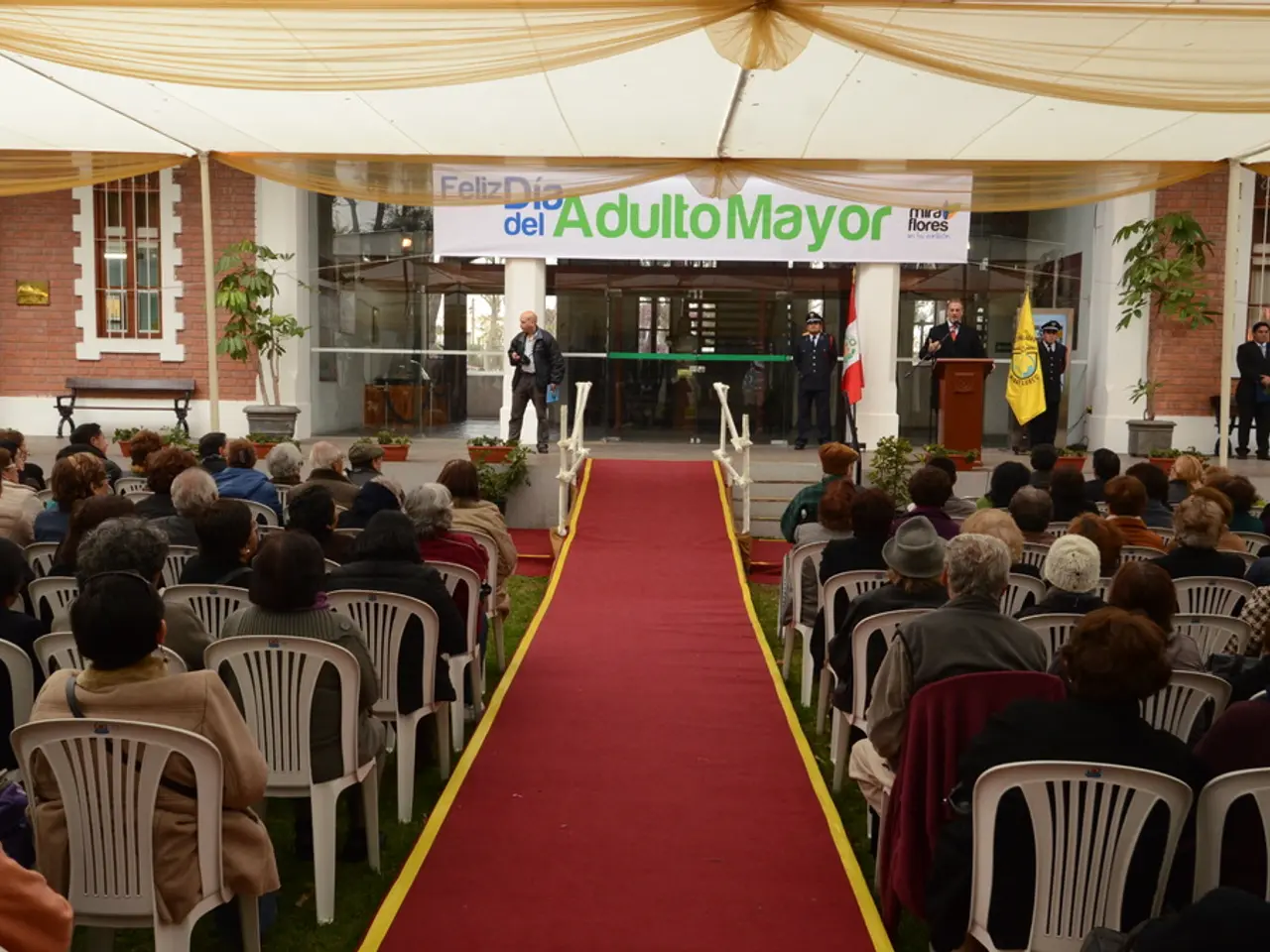Turkey maintains its positive standing, despite increased US tariffs
The White House has announced a new set of tariffs that will affect Turkish products, as part of a global trade policy shift. The current and updated tariff rate on Turkish goods in the U.S. has increased to 15%, up from the previous 10% rate. This change took effect on August 1, 2025.
President Trump signed an executive order to implement these tariffs. The new tariffs apply broadly to Turkish imports, with some exceptions under Section 301 investigations. Despite the increase, Turkey remains in the lowest 15% tariff tier, a status that Turkey's trade ministry views as relatively favourable.
Compared to many Asian and Latin American countries, Turkey's lower tariff category represents a significant advantage. Negotiations are ongoing to discuss specific terms for Turkey's trade in strategic sectors, such as steel, automotive, and copper, as well as the textile and apparel sectors.
Turkey's inclusion among countries with positive progress in negotiations demonstrates strengthening mutual dialogue and cooperation in bilateral trade relations. The priority is to ensure that trade with the U.S. proceeds in a predictable, fair, and sustainable framework.
In a move to encourage negotiations, Trump has given Mexico a 90-day reprieve from higher tariffs to discuss a broader trade deal. The tariffs for products from Canada will rise to 35% from 25%, effective Friday. The White House has imposed tariffs ranging from 10% to 41% on goods from dozens of trade partners, with rates of 25% for India's U.S.-bound exports, 20% for Taiwan's, 19% for Thailand's, and 15% for South Korea's.
Turkey's strong position in international trade remains intact, and its trade ministry emphasises the importance of maintaining a balanced and constructive trade relationship with the U.S. Turkish exporters are advised to maintain their competitive edge in global markets.
Negotiations between Turkey and the U.S. are ongoing at diplomatic and technical levels. The statement emphasises the importance of maintaining a balanced and constructive trade relationship with the U.S., and the focus is on ensuring that trade with the U.S. proceeds in a predictable, fair, and sustainable framework. Turkey's trade position shows that it is regarded as a "balanced and constructive trade partner" by the U.S.
In conclusion, the new U.S. tariffs on Turkish products mark a shift in global trade policy. While the tariffs have increased, Turkey remains in a relatively favourable tariff tier compared to other countries. Negotiations are ongoing to secure more favourable terms for Turkey's trade, particularly in strategic and textile sectors. Turkish exporters are advised to maintain their competitive edge in global markets as negotiations continue.
- The increase in tariffs on Turkish products by the U.S. is part of a global shift in trade policy that also affects economy and business, as it involves governments and international trade relations, including politics and general news.
- The ongoing negotiations between Turkey and the U.S. involve not only tariffs in the textile and apparel sectors, but also strategic sectors like steel, automotive, and copper, implying that war-and-conflicts, business, economy, politics, and general news are interconnected in this scenario.






